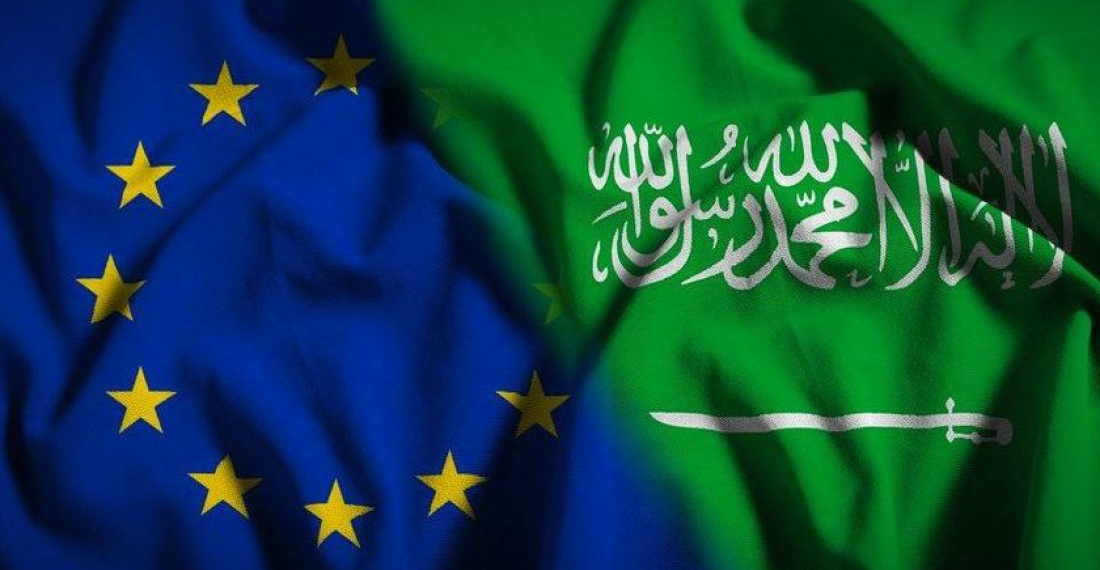The 2nd High-level Political Dialogue between the European Union and the Kingdom of Saudi Arabia was held on 31 July in Brussels, the European Union's External Action Service has announced in a press release.
It was co-chaired by Deputy Secretary-General of the European External Action Service (EEAS), Mr. Enrique Mora and Ambassador H.E. Dr. Rayed Krimly, Head of Policy Planning at the Saudi Ministry of Foreign Affairs.
The statement read:
"The High-Level Political Dialogue built upon the positive outcome of the first Dialogue held in Riyadh in June 2022, that launched the implementation of the Cooperation Arrangement between the EEAS and the Ministry of Foreign Affairs of Saudi Arabia. It provided an opportunity to explore ways to further strengthen the EU – KSA bilateral relationship, but also discuss a number of common challenges, broader developments in the Middle East, including Iran, Palestine, and Yemen among other important issues of mutual concern, as well as the global consequences of Russia’s war against Ukraine."
The next High-Level Political Dialogue will take place in Riyadh, the statement concluded.







